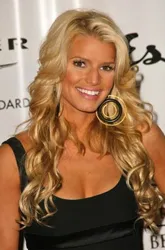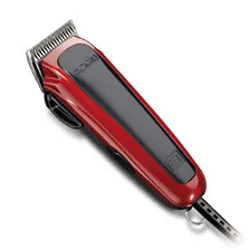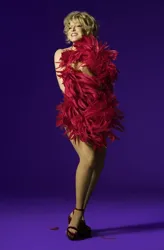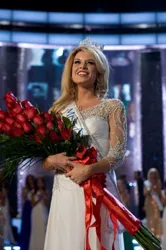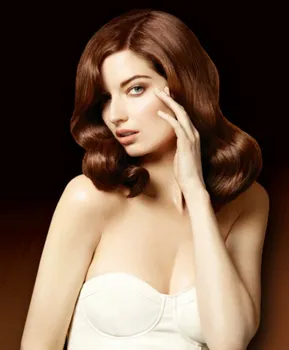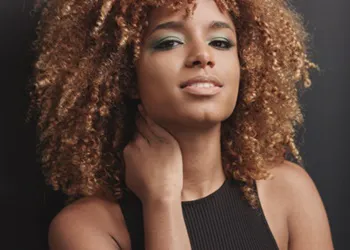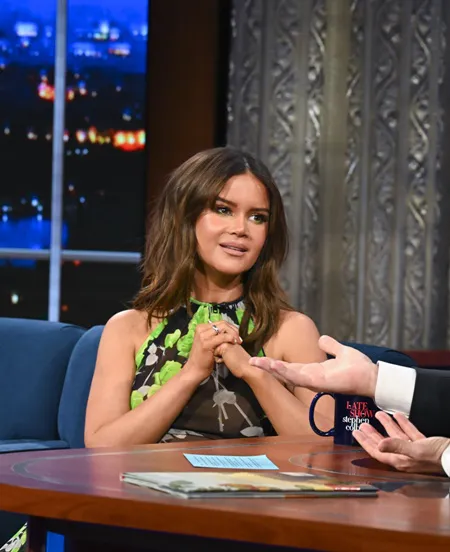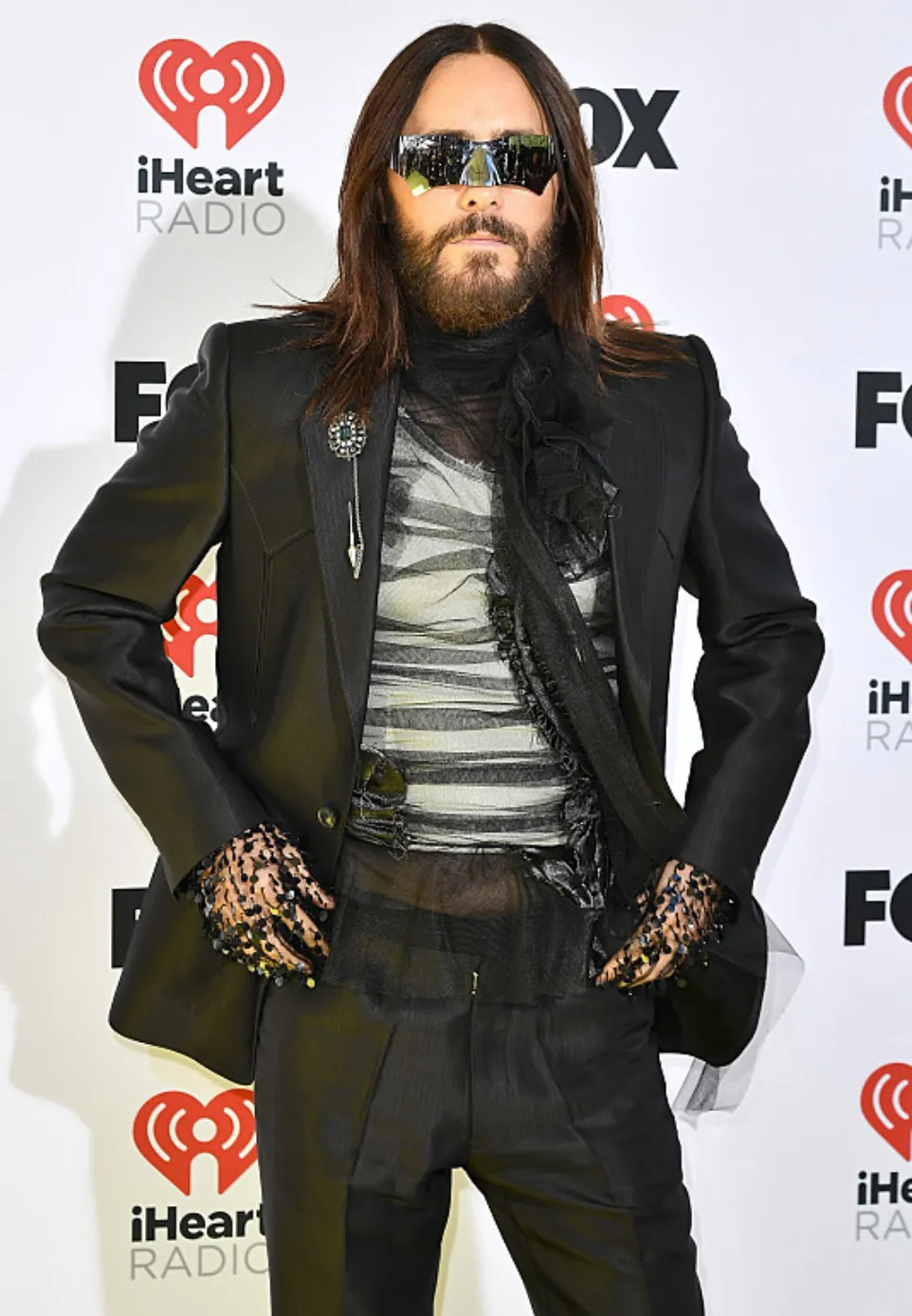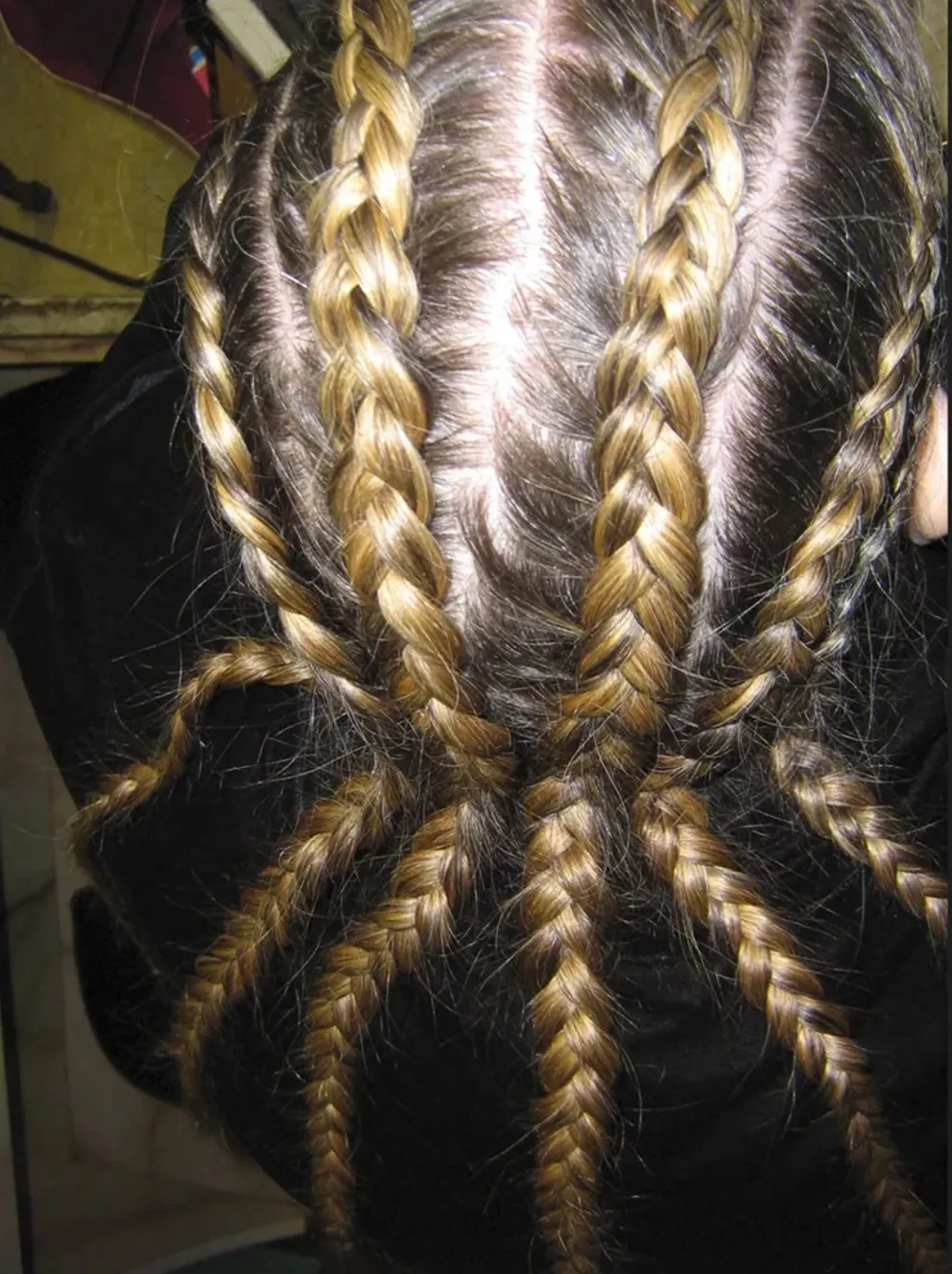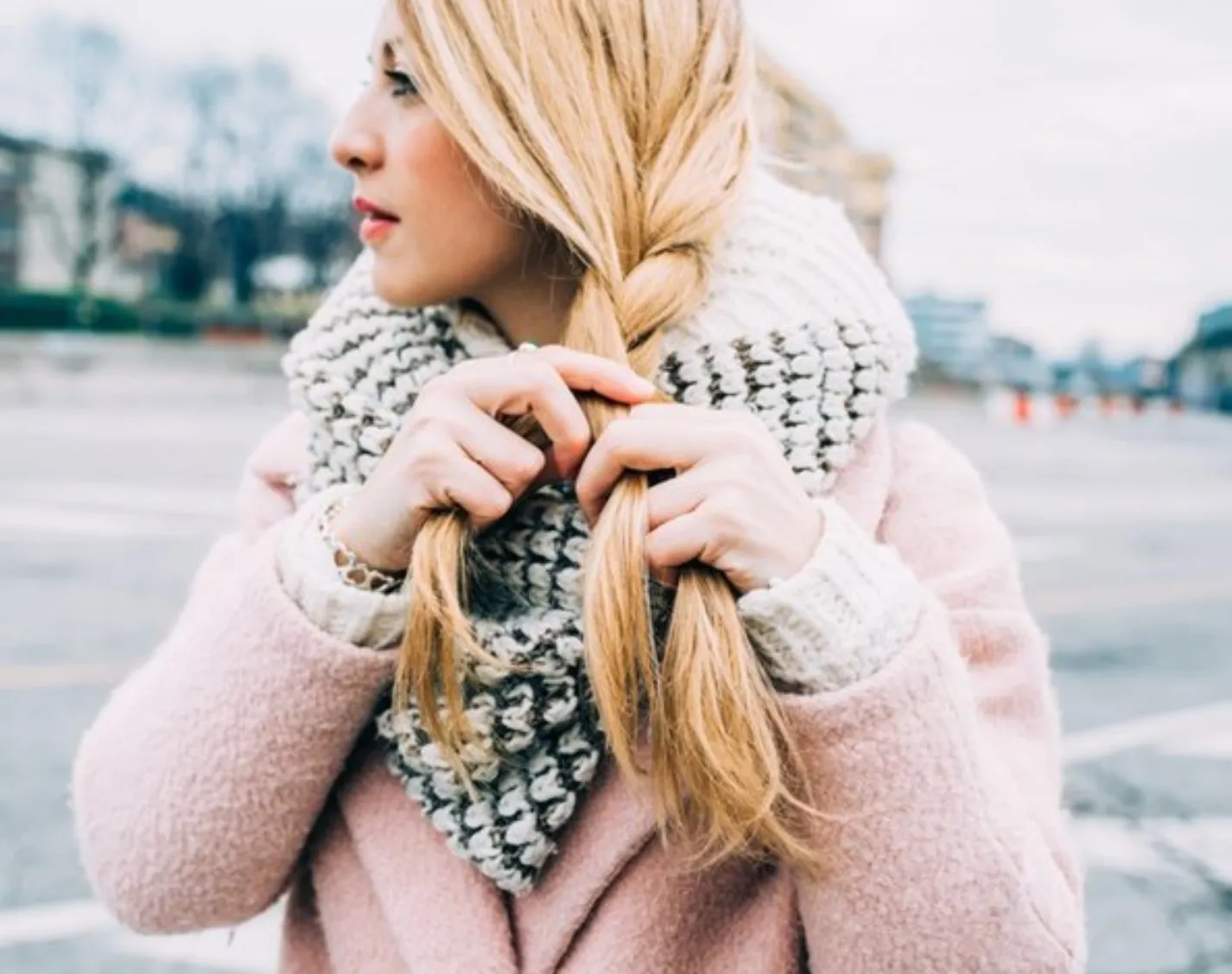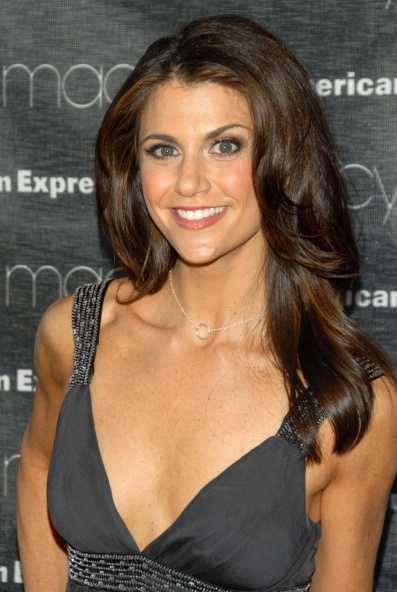
Do Blondes Have More Fun? The Final Word!
Introduction
(Image from Paul Mitchell - all rights reserved). To do justice to this thought- provoking question we'll need to take a stroll down memory lane. If we could fire up a time machine and travel back to the roaring twenties you would discover that with the exception of chorus girls and women working in related professions, very few women dyed their hair. Even if we decided to kick the time machine into passing gear and fast-forward to the 1950's, you would discover that only 7% of all women (mainly actresses and models) colored their hair. Nevertheless, a woman by the name of Shirley Polykoff was about to change all of that. Shirley Polykoff, who was born in 1908 and died in 1998, was one of only five women in history who was ever inducted into the Advertising Hall of Fame. In 1955, Shirley changed history as well as American culture after she landed a job at Foote, Cone & Belding, ad agency. It was there that she created the famous words" Does she or doesn't she? Only her hairdresser knows for sure." This slogan, created for Clairol, was destined to become the 8th top advertising slogan of the century. Polykoff, further enticed us with the unforgettable, "If I have only one life . . . let me live it as a blonde." She then hit us with the knock out punch, with those famous ad words for a Clairol jingle that are now firmly entrenched in the annals of history "Is it true blondes have more fun?"
According to some bean counters, the number of women who decided to color their hair blonde shot up 413%, due to the genius of Polykoff. Just for the record, Polykoff, a living, breathing iconoclast herself; had dyed her own hair many, many years before she spawned the craze. Her mother-in-law once told her son that your wife "painted her hair." So, do blondes really have more fun? Sorry to say, that if it is true, we can't prove it. A 1985 article in the Journal of Social Behavior and Personality volume 13 entitled "The Influence of Hair Color on Eliciting Help: Do Blondes Have More Fun?" certainly didn't prove it. Two males and two females (who worked with the researchers) stopped 72 males and 72 females, who were pedestrians, to ask for help. For 50% of their interactions they donned brunette wigs, while the other half of the time they appeared to be blonde. The study indicated that women helped women and men equally. Men were more apt to help a woman than a man; however, at no time in the study was hair color a factor. In a revealing, yet slightly less scientific study conducted by the South Wales Argus, Sophia Cahill, Miss Wales, was used to examine the issue. Miss Wales, a natural brunette, roamed the streets of Newport first as a natural brunette and then as a blonde. The armchair research clearly demonstrated that Sophia turned more heads and received more wolf-whistles as a brunette. Professor Jonathon Rees, a dermatologist at the University of Edinburgh, Scotland, who is researching the genetics of hair color, points out that the majority of people around the globe have black hair. Those with naturally red or blonde hair have higher rates of skin cancer and are more prone to sun burn. A 1971 study appearing on pages 311 and 312 in the February issue of Psychological Reports noted that "dark men clearly preferred brunette women; blond men were equally divided in preference for blondes and brunettes; blond, brunette, and red-headed women clearly preferred dark men; and artificial blondes preferred dark and blonde men." The researcher concluded that stereotypes regarding hair, though evident, differ based on the sex of the respondent. A 1989 study published in Volume 10 of the Irish Journal of Psychology set out to test the validity of the so-called "dumb blonde" and "temperamental redhead" stereotypes. The research revealed that men did indeed buy into both stereotypes (e.g., men shown pictures of blondes and brunettes rated the blondes as having lower intelligence and redheads as more temperamental than blondes or brunettes). So there you have it. As of this moment the jury is still deliberating. One's psychological attitude and self-esteem most likely influence happiness more than hair color. Many men and women insist that coloring their hair (sometimes changing from natural blonde to another color) improves their self-image. In these cases, even the stodgiest experts would generally agree that the change is a positive thing. So here's the million- dollar question: Do Anna Kournikova and Pamela Anderson have more fun than J. Lo and Catherine Zeta Jones? My final answer: Only their hairdressers and therapists know for sure! About Dr. RosenthalDr. Howard Rosenthal is the author of a number of books and audio programs including the academic bestseller the Encyclopedia of Counseling, the Human Services Dictionary, and Help Yourself to Positive Mental Health. His website is www.howardrosenthal.com. Copyright 2004. Dr. Howard Rosenthal |
| If you want to talk more about this or other hair care articles on HairBoutique.com or anywhere else, please post a message on HairBoutique.com's Hair Talk Forums.
|
Social Media Network Information
Please follow us on Twitter at: https://Twitter.com/HairBoutique. I look forward to meeting new people from all walks of Twitter and learning from their Tweets.


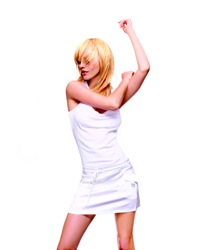 Okay, we've all heard it a million times: Blondes have more fun. Great. But is it true? Can we honestly say that the statement about blondes achieving an enhanced state of happiness is an ironclad scientific fact?
Okay, we've all heard it a million times: Blondes have more fun. Great. But is it true? Can we honestly say that the statement about blondes achieving an enhanced state of happiness is an ironclad scientific fact? 